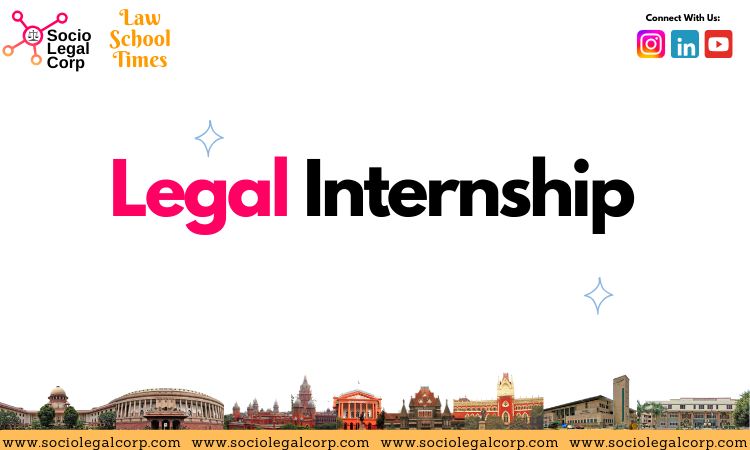
Supreme Court Highlights Barriers for Marginalized Law Graduates
Last Updated on July 31, 2024 by News Desk
The Supreme Court, led by CJI DY Chandrachud and Justices JB Pardiwala and Manoj Misra, recently addressed the economic and systemic challenges faced by marginalized law graduates. They criticized the high enrolment fees charged by State Bar Councils (SBCs), noting that these fees create significant obstacles for underprivileged law graduates entering the legal profession.
The Court observed that although enrolment fees appear to be applied equally, they disproportionately impact students from poorer families and marginalized communities, perpetuating systemic exclusion and discrimination. The burden of these fees, combined with the high costs of law school and related expenses, makes it difficult for graduates from these backgrounds to establish successful legal careers.
The Court emphasized the importance of social capital and networks in advancing legal careers in India. Graduates from marginalized communities often lack these networks, further disadvantaging them in securing opportunities and clients. The justices called for greater representation of lawyers from marginalized communities to promote diversity and trust in the legal system.
Historically, Parliament had recognized the socio-economic challenges faced by SC and ST candidates by increasing enrolment fees for general candidates while keeping fees for SC and ST candidates unchanged. However, the current minimal fee differences between these groups go against the intent of the Advocates Act, reinforcing marginalization. For example, the Bar Council of Maharashtra and Goa charges 15,000 rupees for general candidates and 14,500 rupees for SC and ST candidates. Similarly, in Manipur, general candidates pay 16,650 rupees, while SC and ST candidates pay 16,050 rupees.
The Court held that these excessive fees violate the principles of substantive equality under Article 14. They referenced the decision in Joseph Shine v. Union of India, which highlighted the need to eliminate individual, institutional, and systemic discrimination against disadvantaged groups.
The Advocates Act of 1961 prescribes much lower enrolment fees, demonstrating a legislative intent to make the legal profession more accessible. The Court pointed out that young graduates, particularly those from marginalized sections, first-generation advocates, or non-NLU graduates, face steeper challenges in securing financial independence and acceptance in legal chambers and firms.
Furthermore, language barriers, especially for Dalit students, and the requirement to pay high enrolment fees exacerbate these challenges. The Court called for a reevaluation of enrolment fee structures to ensure fairer access to the legal profession for all.
Written by — Athi Venkatesh




